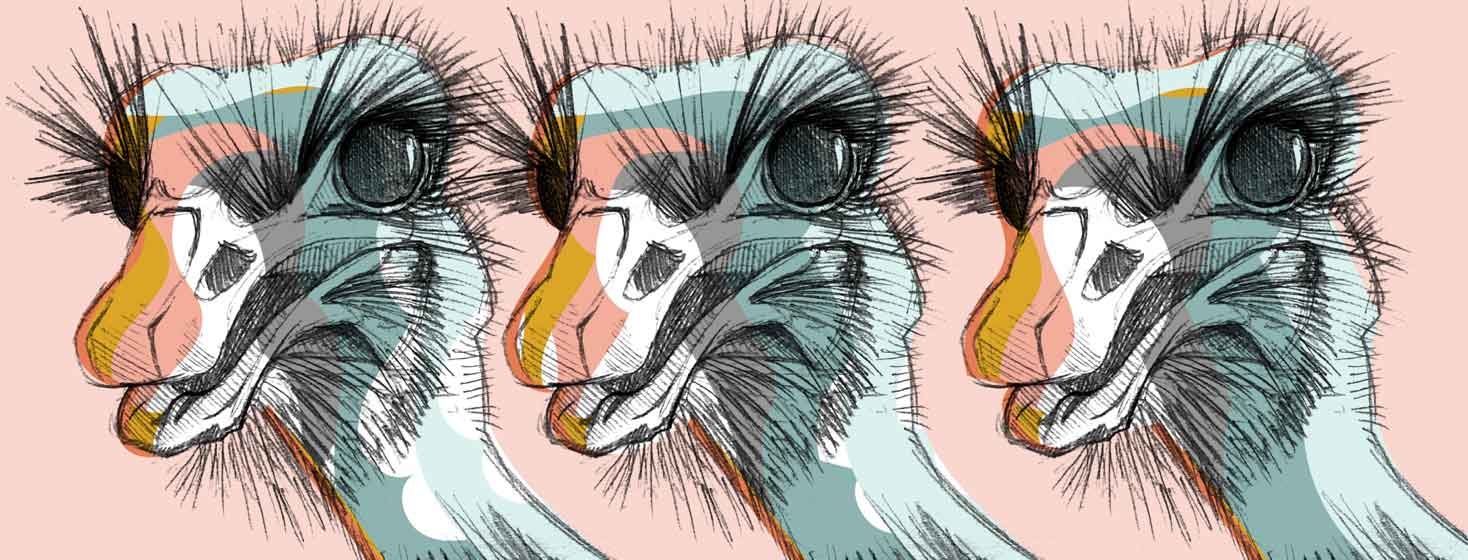Which Is It? Restless Legs or Anxiety?
I have severe restless legs syndrome (RLS).
- Fatigue
- Trouble sleeping
- Muscle tension or muscle aches
- Trembling, feeling twitchy
- Nervousness or being easily startled
- Sweating
- Nausea, diarrhea or irritable bowel syndrome
- Irritability
These are the physical symptoms of generalised anxiety disorder (GAD).1 Sound familiar?
Symptom parallels between restless legs and anxiety
To me, the symptoms parallel my RLS – with the exception of nausea, diarrhea, and irritable bowel syndrome. Aside from that, I can tick off the full list of GAD symptoms with my RLS.
My RLS is so much more than just muscle tension and trembling – but the descriptions start there. And when you have both restless legs and anxiety, there’s an awful lot of trembling going on. It’s like the rumbling of a distant earthquake at my house.
Either condition could cause me to shake
I have very significant anxiety and have spent many a shaky moment pondering which condition is making me shake. Sometimes it's one. Or the other. Sometimes it’s both. Depending on the severity it might be obvious.
RLS becomes extremely uncomfortable and painful for me when it’s at its worst. But other times it’s simply an irresistible urge to jiggle like a teabag in a teacup. Anxiety might come on with a pounding heart, sweaty palms, and an overwhelming sense of panic. But sometimes it’s just shaking, aching and pacing.
My RLS and GAD are managed...most days
I have lived with both these conditions my entire life, but RLS wasn’t confirmed until about 15 years ago, and anxiety only diagnosed five years ago.
While it is clear to me now they’ve both been with me since childhood, unfortunately, most things are only clear in hindsight. But with knowledge comes power. I have the power to manage my restless legs through lifestyle change, supplementary medications, and pharmacological support. I understand and recognise the symptoms and know how to manage them. I have psychological and pharmacological treatments for anxiety and now have the ability to discern what’s happening and attempt to respond appropriately.
But there are also days when I find myself oscillating like an ostrich and I have no idea why. I don’t have the pain and the creepy-crawly, bug-in-my-legs feeling from RLS. And I don’t have the pounding heart and sense of panic of GAD. I’m just quivery.
Using my tools for both RLS and GAD
On those days I try and practice some of the lifestyle and psychological tools I’ve been taught. Stretching, listening to music, distractions, going for a walk, cooking, working, talking to a friend, getting out in nature, binge-watching Netflix, doing a workout.
All these things tend to be useful for my restless legs and my anxiety, so I don’t have to wonder what’s going on. It’s kind of cool really. Because the reality is, if I leave the legs to get more restless, my anxiety about the restlessness will increase. If I leave the anxious shaking to get more distressed, the stress can cause the RLS to kick in – for me. Then I’m super shaky and very distressed and all I really needed was a cup of tea and a dozen pushups.
Making sense of what's happening in my body
I have learned in life that it is really handy to understand what is happening. Making sense of both my anxiety and RLS helps me to feel more grounded and trot around day-to-day life without stressing about what’s happening in my body.
I’ve become good at recognising it. Sometimes it’s one thing, sometimes it’s the other. Sometimes it’s both and sometimes it’s neither.

Join the conversation